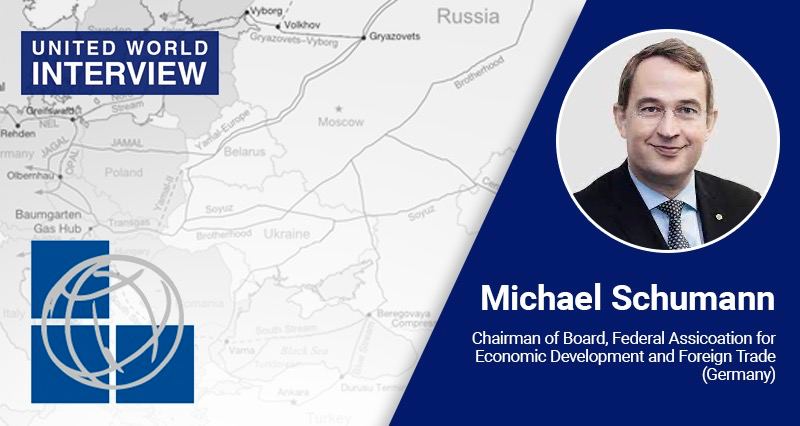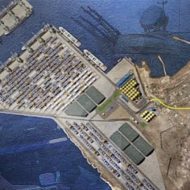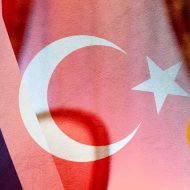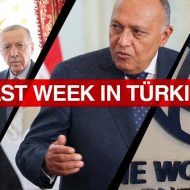While the German military debates plans to intervene directly in the war in Ukraine and the German government debates, among other steps, the reintroduction of obligatory military service as war preparations, others demand a different course in foreign policy.
“Sanctions have failed as a policy instrument. There is no other way to peace without some interaction with Russia”, says Michael Schumann.
Schumann is Chairman of the Board of the German Federal Association for Economic Development and Foreign Trade, BWA. The BWA was founded in 2003 and has more than 1000 members.
Business organization with external network
Membership in its federal senate “is open only to enterprises of country wide importance and is limited in principle to one member of each branch of trade”, says the BWA on its website.
The BWA maintains “a think tank to develop strategies of national and international economy promotion. They inform and consult decision makers in politics and administration on regional, national, European and international level”.
The business association has also an external trade network, which has external trade advisors and experts in fields as tax, recruiting and management complete this service in addition to the BWA’s membership in the UNCTAD its official sponsorship in the World Trade Point Federation in Germany.
We spoke to Schumann during the Antalya Diplomacy Forum, where his organizations also presented a policy paper.
What is your policy paper about?
Well, this policy paper is about the impact of sanctions on the German economy, especially on the backbone of the current sanction policies on our economic stability and prosperity.
Which sanctions are you referring to?
Right now, we analyzed sanctions on raw materials from, of course, countries that are currently geopolitically in discussion in Europe. And we looked very carefully, for example, at aluminum and what would happen if we could not get aluminum anymore into the European Union, what would happen to our industry, what would happen to the European downstream industry, the aluminum consumers in Europe. In general, I mean, we have been very outspoken about sanctioning of a policy instrument for more than 20 years.
And we believe that it’s not an instrument that does work. It doesn’t achieve what it’s meant to achieve. It challenges the development of the people in the countries that you sanction. It makes their life even harder, and we’ve always been arguing that one should make policies for the people. Sanctioning countries is not one of them.
Germany population suffers “probably” more under sanctions than that of targeted countries
What are the effects in the countries that impose the sanctions? I mean, I heard talk about de-industrialization in Germany. Is that an exaggeration? Do you observe anything?
I would say to some extent that is an exaggeration because Germany, I mean, we are going through difficult economic times at the moment. You see companies moving manufacturing elsewhere because we have very high energy prices, but we still have a very solid economic backbone, and we have, you should not forget, many years of very high growth.
But with the current sanctions that are in place, you of course saw that Germany was hit disproportionately because the energy prices are soaring and that means that we become less competitive at the production and investment destination and again this time it’s the German population suffering from it probably to some extent even more than the population in the countries that have been sanctioned.
Antalya Diplomacy Forum provides what the Munich Security Conference can’t anymore: dialogue with dissenting voices
What’s your expectation here in the forum?
Well, I’m first time participating in the Antalya Diplomacy Forum. I think it’s very important that we build a German presence here. Unfortunately, there are not as many German participants here as I would like to see, because I see a lot of effort here on peace building. And I think that peace building is paramount right now.
We have had the Munich Security Conference in Munich not too long ago. Everyone was talking about risks and security, but you know the motto of the Munich Security Conference is peace or dialogue. And you can only have a dialogue if you talk to dissenting voices, if you talk to voices that challenge you, maybe in your position, and you didn’t find them in Munich, but you find them here.
You propose that instead of unilateral sanctions, the global politics should return to a process of dialogue?
Yes, certainly.
Does that include Russia, the strong adversary?
Well, I don’t see how a peace solution can be found without some interaction with Russia.
This interview was previously published in Spanish on TeleSUR TV here.









Leave a Reply